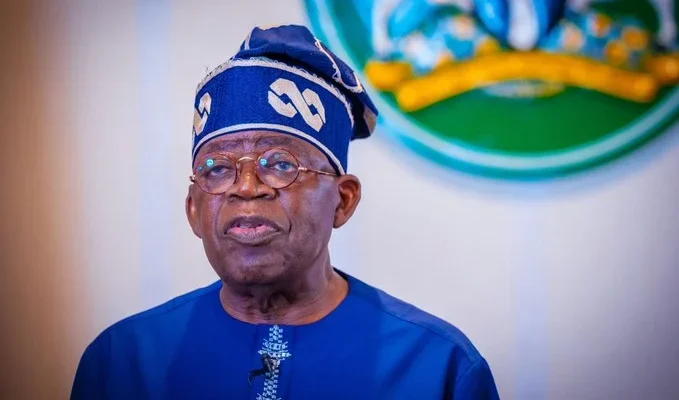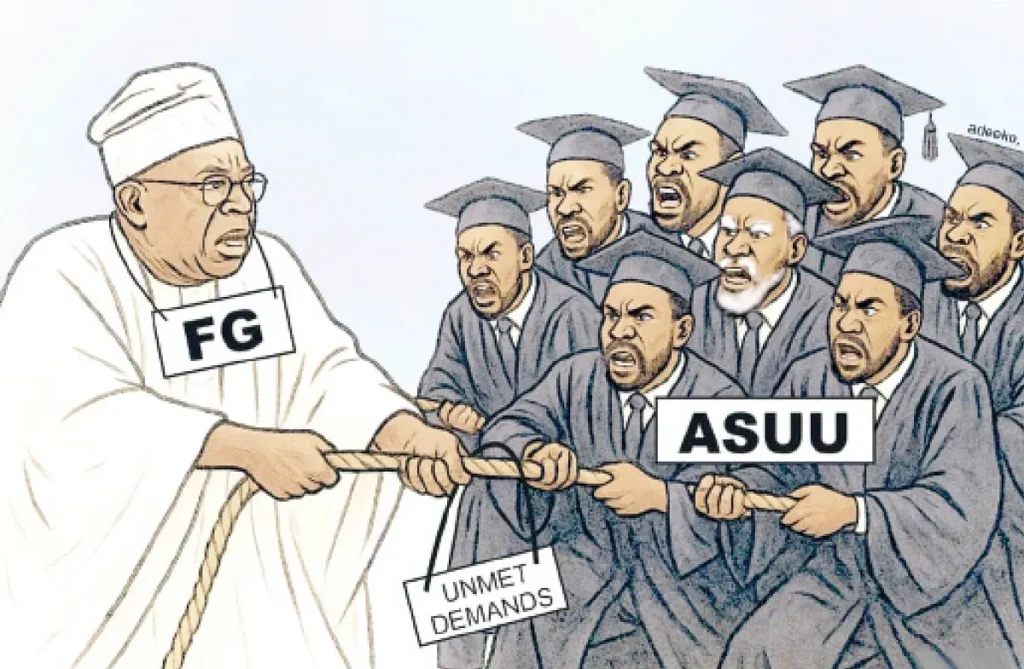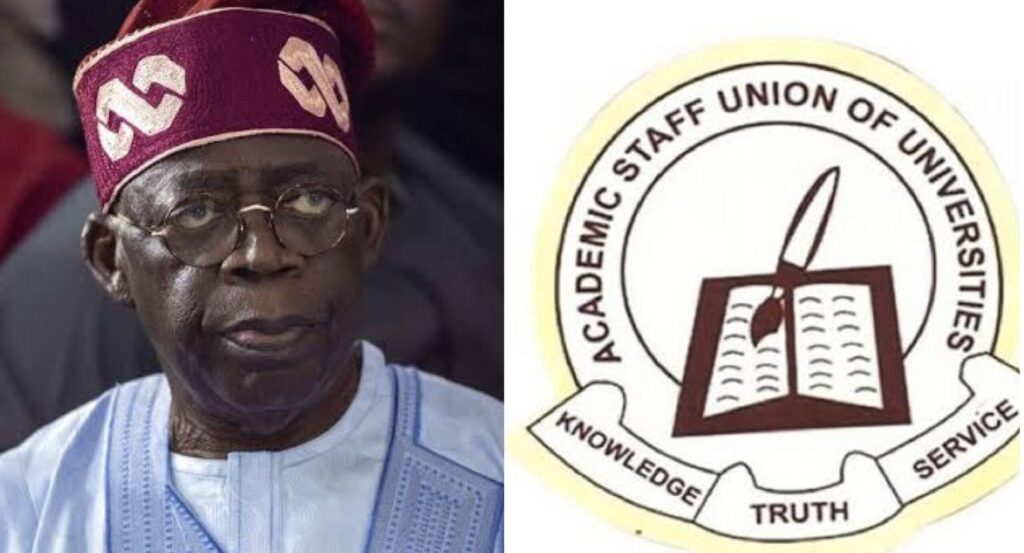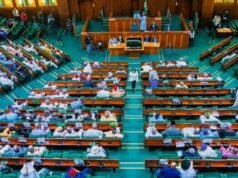In a bold and controversial move, President Bola Tinubu’s administration has directed all federal universities to conduct physical headcounts of academic staff amid the ongoing strike by the Academic Staff Union of Universities (ASUU). The order comes via a circular signed October 13, 2025, by Education Minister Tunji Alausa, and is addressed to vice-chancellors, pro-chancellors, and other key educational authorities.
The government asserted that those lecturers absent during the strike would forfeit pay under its “no work, no pay” policy. At the same time, the circular exempts academics affiliated with alternative groups such as the Congress of University Academics (CONUA) and the National Association of Medical and Dental Academics (NAMDA), stating they are to continue receiving full entitlements if they remain on duty.
This directive marks an escalation by the Tinubu administration in enforcing compliance with its labour doctrine, at a time when tensions with ASUU have already reached a fever pitch.

Table of Contents
What the Circular Says — and Its Implications
The circular, circulated to vice-chancellors, pro-chancellors, the Head of the Civil Service of the Federation, the Accountant-General, and the Executive Secretary of the National Universities Commission (NUC), instructs university administrators to take roll calls and head counts of lecturers physically present on campus. The goal is to distinguish those actively working from those participating in industrial action.
The text underlines that “in line with existing labour regulations, any employee who fails to discharge official duties during a strike period will not be entitled to remuneration for that period.” In effect, it formalises salary deductions for lecturers deemed to be on strike.
Universities are expected to produce comprehensive reports that separate staff who remain at work from those who are striking. These records will form the basis for decisions on salary entitlements.
Notably, the government clarified that lecturers not aligned with ASUU — specifically, members of CONUA and NAMDA — are not to be penalised. Those groups, it was stated, should continue receiving full pay for their services.
Education Minister Alausa expressed frustration with ASUU’s decision to strike despite ongoing negotiations, warning that the administration would no longer tolerate disruptions of the academic calendar.
ASUU, NLC Respond — Risks of Deeper Crisis
ASUU’s Reaction
ASUU’s regional leadership in Akure, via its zonal coordinator Adeola Egbetokun, rejected the government’s approach. He dismissed the circular as a familiar intimidation tactic and reasserted the union’s commitment to push back. “He should remember that it was his insincerity and lack of commitment that pushed us to this point,” Egbetokun said, accusing the government of reneging on agreed terms.
According to Egbetokun, the union had accommodated substantial concessions in its draft agreement, only to find the government unresponsive. He hinted at internal mechanisms to escalate actions if the government fails to revisit its position when the two-week warning strike concludes.
The Labour Front’s Stand: NLC Speaks Up
The Nigeria Labour Congress (NLC) has lambasted the government’s intimidation strategies and threatened further mobilization. In a statement signed by its President, Joe Ajaero, the NLC condemned the application of “no work, no pay,” characterising it as deepening the crisis in Nigeria’s fragile tertiary education system.
Ajaero argued that the government, not the academic staff, bore the responsibility for the breakdown in trust, citing repeated failure to fulfil collective bargaining agreements. “The breach of contract lies with the state, not the scholars,” he insisted.
He warned that unless the government changes course by the end of ASUU’s two-week warning strike, the NLC would convene an emergency congress with its affiliates to chart further labour action in solidarity with the lecturers.

The Stakes: Education, Equity, and Political Will
This directive to enumerate and penalise absent lecturers raises multiple questions — legal, ethical, and political.
1. Legal grounds vs collective bargaining
By enforcing “no work, no pay,” the government claims authority under existing labour statutes. Yet ASUU and its allies argue that this ignores the spirit of collective bargaining, as well as the government’s history of flouting negotiated agreements. The legal tussle could find itself in courts or labour dispute resolution mechanisms.
2. Impact on academic calendar and students
Tinubu’s administration has framed interruptions to the academic calendar as intolerable. But several strikes in the past have left deep scars on Nigerian higher education, with students losing months — sometimes years — of study. If this cycle continues, the ripple effects on graduates, scholarships, and research are severe.
3. Fragmenting academic unions
By exempting lecturers in CONUA and NAMDA, the government seems to be driving a wedge through the academic workforce. This bifurcation may weaken collective union resolve, but it also points to a longer strategy: divide and govern. Whether that succeeds or further inflames tensions remains to be seen.
4. Labour solidarity vs political risk
The NLC’s threat to escalate suggests that this issue could climb into the national labour conflict arena. Should the government press too hard, the danger is greater — from mass protests to a general strike, which could bring sectors beyond education into confrontation.
Looking Ahead: What to Watch
- University compliance: How vigorously vice-chancellors and university senates will comply with the circular, especially in states or universities with sympathetic leadership, is a key test. Some may drag feet or contest jurisdiction.
- Judicial/Arbitration responses: ASUU or allied bodies may challenge the circular’s legality or seek court injunctions. The National Industrial Court and the Federal High Court might become arenas for this showdown.
- NLC action: Whether the NLC will convene a nationwide emergency congress and mount a broader labour response is a potential turning point in Nigeria’s industrial relations landscape.
- Public reaction and student voice: Public opinion — particularly among students and parents already frustrated by disruptions — could become a force pushing either side to compromise. Media coverage, social media discourse, and student protests will likely amplify the stakes.
- Negotiation posture: Whether the Tinubu government uses this directive as leverage or as a hardline posture will determine its ability to return to the negotiation table with dignity.

The Tinubu government’s decision to physically inventory lecturers amid a strike is a high-risk gambit. It asserts executive authority, leans on legal frameworks, and challenges union strength. But with ASUU standing firm, the NLC mobilising, and students impatient for closure, the administration must tread carefully if it hopes to maintain legitimacy while pushing for compliance.
Join Our Social Media Channels:
WhatsApp: NaijaEyes
Facebook: NaijaEyes
Twitter: NaijaEyes
Instagram: NaijaEyes
TikTok: NaijaEyes
READ THE LATEST EDUCATION NEWS





